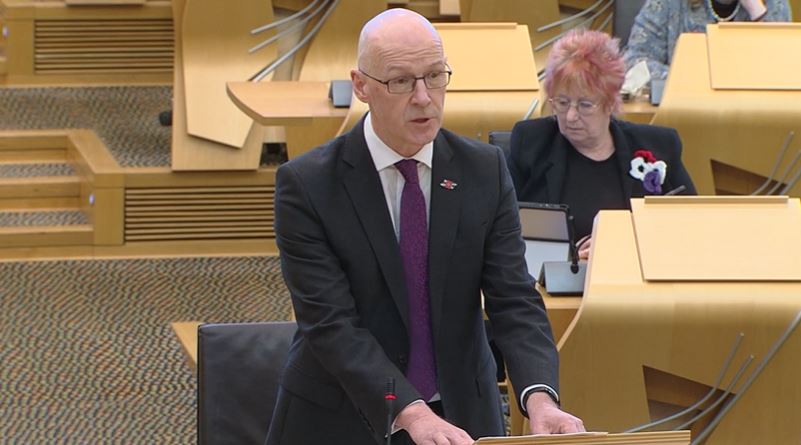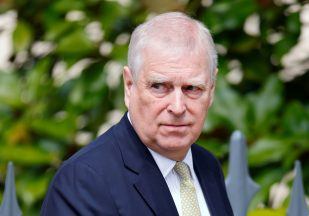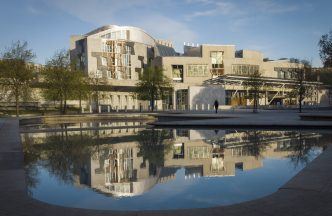The Scottish Government can ease the pressures of the cost of living crisis with its devolved tax powers, economy researchers have said.
Strathclyde University’s Fraser of Allander Institute’s pre-budget report has suggested ministers can soften the impact of a challenging year ahead.
It comes as Scotland’s draft Budget is set to be unveiled on Thursday, with deputy first minister John Swinney standing in to present his first budget in seven years while finance secretary Kate Forbes is on maternity leave.
The Budget comes against a backdrop of extreme fiscal pressure across the country with the Scottish Government struggling with rising inflation and costs.
Swinney said the plans will focus on tackling child poverty, delivering net zero and emphasising sustainability in public services.
But he said the extreme financial pressures facing the country will prevent the Scottish Government from going as far as it would like in helping people through the cost of living crisis.
Professor Mairi Spowage, director of the Fraser of Allander Institute, said Swinney had acknowledged it was “an unprecedently tricky time” for the Scottish public finances.
The institute’s report has also said the UK Government’s autumn statement, which will see Scotland receive an extra £1.5bn over 2023/24 and 2024/25, will more or less offset the inflationary impacts to the Scottish economy.
“The challenges he has been dealing with for 2022/23 ease a bit for 2023/24: there was some additional money announced at the autumn statement which generated around £1bn of consequentials, offsetting the inflationary pressures on the budget.
“But there is also flexibility that the deputy first minister has for the next financial year that were not available to him for this year – the Scottish Government does have tax powers that could be used, if he wishes, to raise more revenue.”
It comes as the Robertson Trust, one of Scotland’s largest independent funders, has on Monday published new research showing that many low-income families are being pushed into debt and arrears by the public bodies meant to be helping them through the cost of living emergency.
The Scottish Government has increased the Scottish Child Payment to £25 per week for low-income families in Scotland.
However, the Robertson Trust said, many families will see much of this increase wiped-out with debt and arrears collection to public bodies.
Responding to the Fraser of Allander Institute’s report, Swinney said the Government had acted “decisively” to provide what support it could.
He said: “However, given the fiscal constraints of devolution, it is not possible to go as far as we would like and so the Budget will prioritise three areas – eradicating child poverty, transforming the economy to deliver net zero and creating sustainable public services.
“Difficult decisions are required and resources will be targeted where they are most needed and can secure maximum value from every pound spent.
“The economic challenges we face also require a fundamental change in the way we manage public spending.
“The Bank of England is predicting the longest recession for a century, so this Budget will set in motion reforms that will place our finances and public services on a more sustainable and resilient footing for the future.
“Proposals on tax policy for 2023-24 will be also be published as part of the Budget.
“This is a time for firm leadership and bold decision-making. Steps we take now will help ensure Scotland emerges from the current crisis a stronger, fairer, greener country.”
Follow STV News on WhatsApp
Scan the QR code on your mobile device for all the latest news from around the country


 Parliament TV
Parliament TV


























